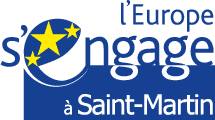Social inclusion, employment and training
Turning to the EDF
- Concerning the 2014-2020 programme, the ESF supported educational projects entering into the following 2 lines:
Line 5: promote employment, inclusion and fight against poverty
Line 6: promote active inclusion
Line 7: fight against educational underachievement and strengthen access to lifelong training and qualifications.
- Concerning the 201-2027 programme, the new possibilities for funding will be published on this page once programmes are approved (during the first three months of 2022).
Turning to the EFDR
If my project involves infrastructures or other material investments, I can turn to the ERDF.
- Concerning the 2014-2020 programme, the 14-20 ERDF budget for the Saint-Martin area is now exhausted, except React-U credits.
- Concerning the 201-2027 programme, the new possibilities for funding will be published on this page once programmes are approved (during the first three months of 2022). You can already fill in a form and a letter of intent in relation to the 21-27 ERDF funding in order to tell the department what your needs are and to make your expenses eligible should you wish to start your project before you pass before the commission (before your project is approved).
Turning to React-EU
REACT-EU is a contribution to ERDF and ESF budgets aiming at minimising the economic consequences of the health crisis caused by COVID-19.
Turning to ERASMUS
Erasmus+ is a programme dedicated to various economic sectors:
- school education
- higher education
- vocational education and training
- adult education
- young people (non-formal education)
- sports
The Erasmus+ programme offers a ranges of so-called “key actions”:
- Key action 1: mobility for the purpose of learning
- Key action 2: cooperation for innovation and best practices sharing
- Key action 3: support to the political reform
- And a sports section
Erasmus awards the general public grants to study, train etc. away from home:
And grants for professionals to fund projects:

